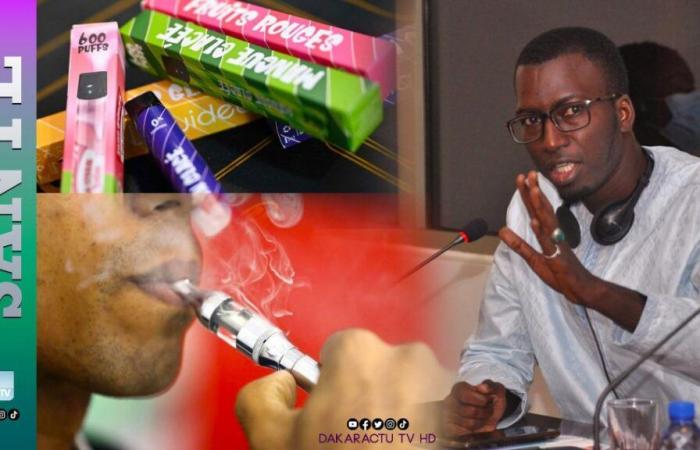
The authorities in charge of tobacco control in Senegal in the Initial Finance Law (LFI) 2025, increased the rate of the specific tax on tobacco from 65% to 70%. But according to the Senegalese League Against Tobacco, this was done “on the sly and in total opacity, without any consultation with the real stakeholders concerned. »
It is true that “increasing excise duties on tobacco is the best way to reduce smoking and improve health prospects, and increase tax revenue. It is true that tax solutions must be imposed to achieve an optimal reduction in smoking in West Africa. Because It has been widely proven that substantial and regular increases in taxes and prices are the most effective way to reduce tobacco consumption, particularly among the most vulnerable segments of society. But “the measure of increasing the rate of the specific tax on tobacco from 65% to 70% is out of step with the situation of non-application in which the anti-tobacco law of Senegal finds itself”, notes the LSCT which notes that this increase of 5% which could have been beneficial and made sense if Senegal’s anti-tobacco law passed since March 14, 2014 was fully respected and fully applied.
The Senegalese League Against Tobacco adds that the Minister of Health and his administration are in the same way as the last health ministers of the old regime who did not take any action to advance the fight against tobacco. in Senegal. “We all know that Senegal’s anti-tobacco law is in abeyance, because it is not applied or respected anywhere. Tobacco taxation is largely poorly exploited in public policies in Senegal. Even if Senegal reached “the ECOWAS tax ceiling which is 125% and the law is not applied or in arrears as is the case, it would be of no use at all. »
Indeed, concludes the LSCT, “this taxation of tobacco products, although it is the most effective tobacco control measure to reduce smoking prevalence, is largely poorly exploited in public policies in Senegal, because it is done in a context where Senegal’s anti-tobacco law is in lethargy, a total impasse, and in default for non-application. »
Senegal





